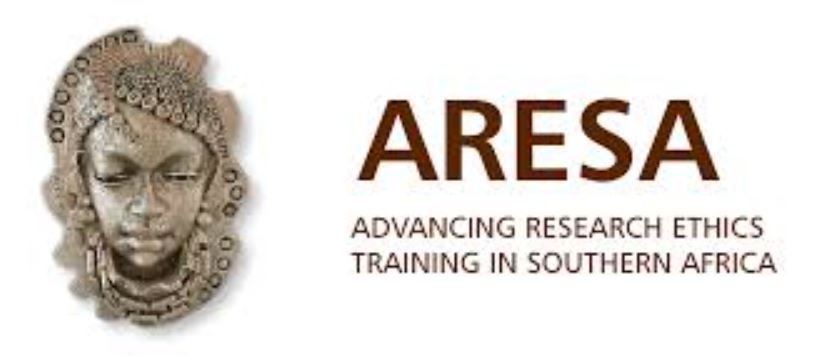MEDICINE AND THE LAW

- A E Obasa,1 BSc (Med Sci), MSc, PhD (Med Virology);
- S Singh,1,2 B Oral Health, PG Dip (Health Research Ethics), MSc (Dentium), PhD;
- E Chivunze,3 BSc, MSc (Physiotherapy);
- T Burgess,1,3 BSc (Physiotherapy), BSc (Med) Hons (Exercise Science), MHSc (Bioethics),
PhD (Exercise Science); - F Masiye,1,4 BPhil (Applied Ethics), PG Dip (Health Research Ethics), MSc (Med) (Bioethics);
- T Mtande,1,5 BSc (Biology and Demography), MSc (Health Research Ethics);
- J Ochieng,1,6 MB ChB, MSc (Anatomy), MHSc (Bioethics);
- V Chalwe,1,7 BSc (Human Biology), MB ChB, MSc (Med);
- B Mokgatla,1,8 BSc (Occupational Therapy), MSc (Research Ethics);
- S Rennie,1,9 BA, MA (Philosophy), MA (Anthropology), PhD (Philosophy);
- K Moodley,1 MB ChB, MFamMed, FCFP (SA),
MPhil (Applied Ethics), Executive MBA, DPhil
Comparative strategic approaches to COVID-19 in Africa: Balancing public interest with civil liberties
As COVID-19 spreads rapidly across Africa, causing havoc to economies and disruption to already fragile healthcare systems, it is becoming clear that despite standardised global health strategies, national and local government responses must be tailored to their individual settings.
Some African countries have adopted stringent measures such as national lockdown, quarantine or isolation, in combination with good hand hygiene, mandatory wearing of masks and physical distancing, to prevent an impending healthcare crisis. The impact of stringent measures in low- to middle-income African countries has bought time for healthcare facilities to prepare for the onslaught of COVID-19 cases, but some measures have been challenging to implement. In some settings, public health measures have been associated with serious violations of individual rights owing to abuse of power and gaps in implementation of well-intentioned policy. Collateral damage with regard to non-COVID-19 diseases that were suboptimally managed in pre-pandemic times may mean that lives lost from other diseases could exceed those saved from COVID-19. While individuals complying with lockdown regulations have embraced an acceptance of the concept of the common good, at a broad community level many are finding the transition from individualism to collective thinking required during a pandemic difficult to navigate. In this article, we look at government responses to the pandemic in six African countries (Malawi, South Africa, Uganda, Zambia, Zimbabwe and Botswana), and highlight ethical concerns arising in these contexts.
- Introduction
- Malawi’s response to COVID-19
- SA’s response to COVID-19
- Uganda’s response to COVID-19
- Zambia’s response to COVID-19
- Zimbabwe’s response to COVID-19
- Botswana’s response to COVID-19
- Discussion
- Conclusions


